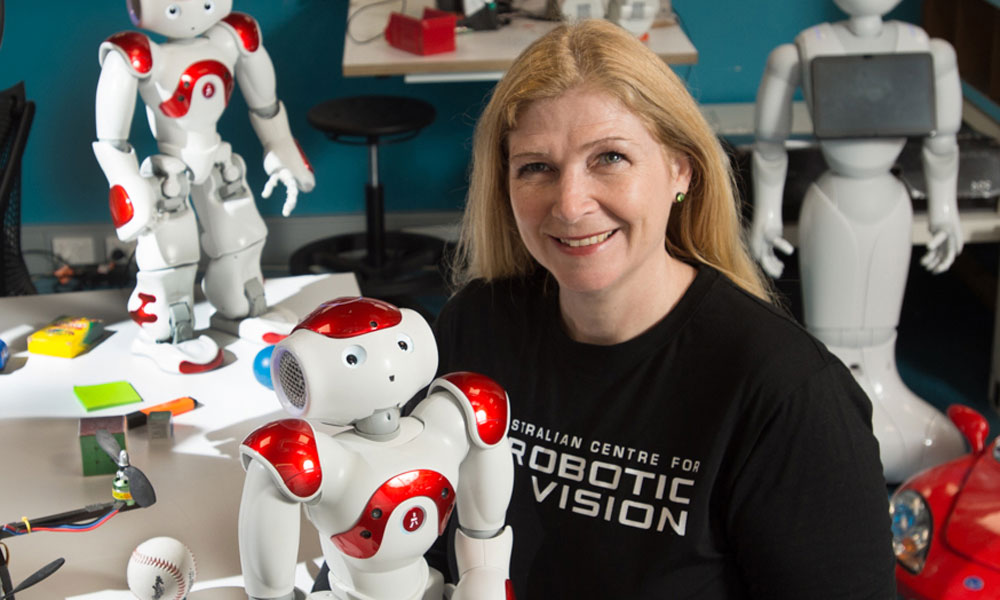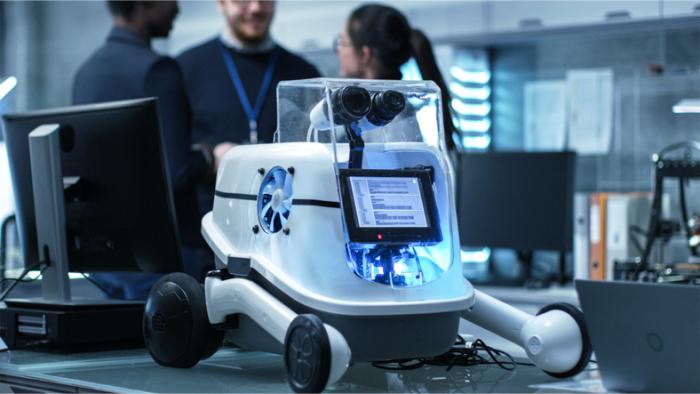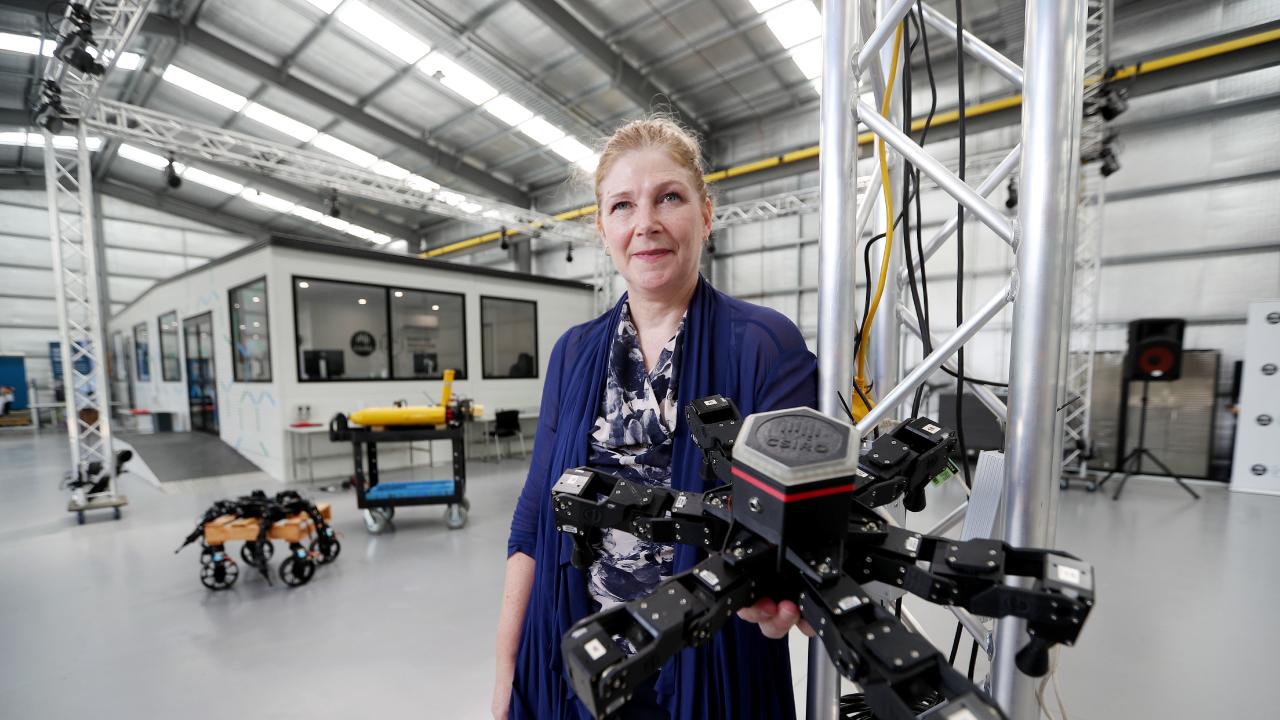Robotics
An industry-led robotics cluster
Australia is one of few countries with the opportunity to pursue and progress industrial robotics as a productivity driver and an export capability. This is due to Australia's ideal combination of quality research institutions, educated workforce and concentration of industry that stands to benefit, including mining, agriculture and oil and gas. In July 2018, a core group convened by BHP and Woodside discussed the merits of an industry-led robotics cluster. It was agreed to continue to meet and progress its establishment. Queensland was identified as the initial hub due to the level of existing support and commitment.
Over the past 18 months, the Queensland Robotics Cluster has focused on strengthening the quality of its internal linkages, attracting early public sector support and attracting talent that reinforces the cluster's specialisations.
Industry trends and solutions
 Queensland is well placed to take advantage of global trends in automation and robotics. Increased adoption of automation has the potential to transform the Queensland economy, adding $7.7 billion in gross state product (GSP) and an additional 500,000 jobs1. In the short term, potential economic gains from automation are largest in capital heavy industries such as mining, agriculture and manufacturing. These sectors accounted for more than 20% of Queensland GSP in 20172.
Queensland is well placed to take advantage of global trends in automation and robotics. Increased adoption of automation has the potential to transform the Queensland economy, adding $7.7 billion in gross state product (GSP) and an additional 500,000 jobs1. In the short term, potential economic gains from automation are largest in capital heavy industries such as mining, agriculture and manufacturing. These sectors accounted for more than 20% of Queensland GSP in 20172.
There is a clear pull for robotics capability from Queensland industries, with mining and agriculture in particular seeking to unlock productivity by addressing the challenges of safety, productivity and remoteness. These real world challenges provide opportunity for the development of best in class industrial robotics and remote asset management capabilities that can be exported throughout the world.
1,2 ‘The robotics and automation advantage for Queensland: How the State can harness the benefits and adapt its workforce to the new robot economy’ Synergies Economic Consulting, June 2018

 The Queensland Robotics Cluster is an industry-led organisation established to support emerging industrial robotics capability in solving real challenges across industries including mining, agriculture, logistics, oil and gas, construction, manufacturing, forestry, transport, defence and space.
The Queensland Robotics Cluster is an industry-led organisation established to support emerging industrial robotics capability in solving real challenges across industries including mining, agriculture, logistics, oil and gas, construction, manufacturing, forestry, transport, defence and space. While robotics and automation are predicted to have a net positive impact on job creation in Queensland, industry has a responsibility to coordinate its introduction in such a manner that minimises the disruption to the workforce. Presently there is no industry-led mechanism to educate organisations on how to prepare for a technology-enabled future of work.
While robotics and automation are predicted to have a net positive impact on job creation in Queensland, industry has a responsibility to coordinate its introduction in such a manner that minimises the disruption to the workforce. Presently there is no industry-led mechanism to educate organisations on how to prepare for a technology-enabled future of work.
